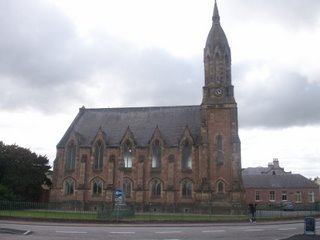
In this photograph there are three fox cubs and a mother. Can you see them?
Double click should enlarge the picture.





 In this major new Bible, the foremost names in Christian spirituality and biblical scholarship, including RICHARD FOSTER, EUGENE PETERSON, DALLAS WILLARD and WALTER BRUEGGEMANN, have combined to produce a unique Bible that rediscovers Scripture as living text.
In this major new Bible, the foremost names in Christian spirituality and biblical scholarship, including RICHARD FOSTER, EUGENE PETERSON, DALLAS WILLARD and WALTER BRUEGGEMANN, have combined to produce a unique Bible that rediscovers Scripture as living text.